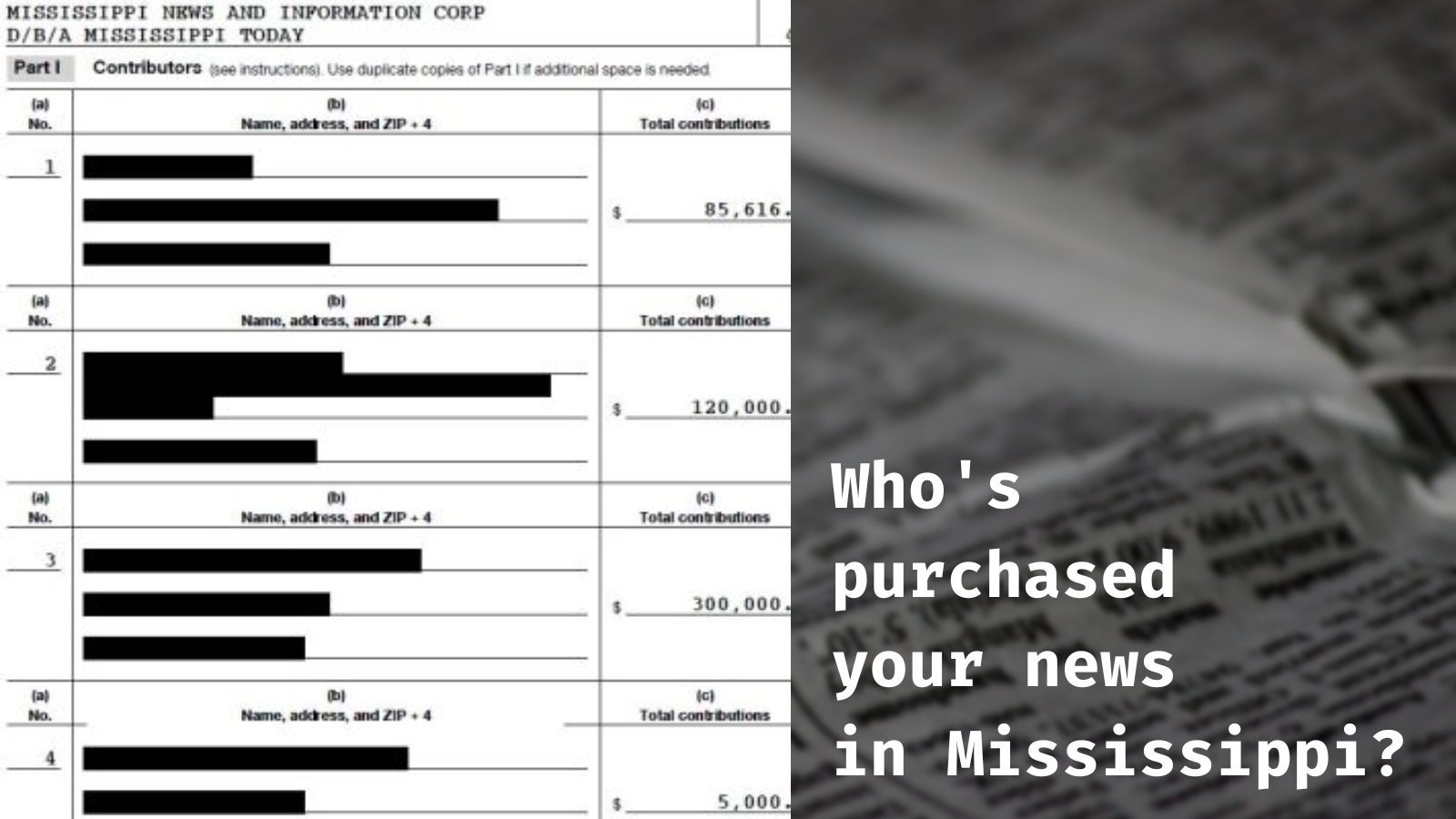
On Wednesday a federal court upheld Section 241 of Mississippi’s constitution which removes voting rights for some convicted felonies.
Section 241 of Mississippi’s Constitution strips voting rights from individuals who have been convicted of one of 10 or more felonies which can include forgery, arson and bigamy.
A lawsuit was filed challenging that provision. It questioned whether or not this was racially motived by the original authors of the 1890 constitution when choosing which felonies were included. The claim said that those were the most likely crimes to be committed by black people, therefore further disenfranchising that demographic.
“Earlier today [Thursday], we were made aware of the Supreme Court’s decision concerning the Long Beach Harbor. The Supreme Court has again reaffirmed the Legislature’s grant of authority to the Secretary of State to act as the agent for the State of Mississippi as trustee of the public trust tidelands. As your Secretary of State, and Trustee of public trust tidelands, every citizen in the State of Mississippi can count on me to defend the public’s interests in this important resource. The Supreme Court’s decision today is narrowly tailored to decades-old agreements between the City of Long Beach and Long Beach Harbor Resort, as well as the agreements between the City and the State of Mississippi. We will honor the court’s ruling,” said Secretary of State Michael Watson in a statement.
Ultimately, the United States District Court for the Southern District of Mississippi, concluded this week that the current version of Section 241 of the Mississippi Constitution superseded the previous provisions and removed any discriminatory associations that were originally adopted in 1890.
In this suit, the filers questioned the inclusion of all the crimes included in Section 241, except murder and rape.
The case was brought by the Mississippi Center for Justice (MCJ) with lead attorney Rob McDuff, the same attorney who brought suit on behalf of the now closed Jackson abortion clinic. After the ruling was made, MCJ said they will ask the U.S. Supreme Court to overturn Wednesday’s decision.
“Access to democracy should not hinge on outdated laws designed to prevent people from voting based on the color of their skin,” said Vangela M. Wade, President and CEO for MCJ.
Plantiffs-Appellants in the case included Roy Harness and Kamal Karriem, both black men who were convicted in Mississippi of forgery and embezzlement. They were both disenfranchised under the law and filed suit against the Mississippi Secretary of State under the Fourteenth and Fifteenth Amendments. They sought injunctive relief to restore their voting rights and the rights of other convicted felons in the state.
While the plaintiffs argued the original intent of Section 241 was made with racial disparities in 1890, the court found that they did not meet the burden of proof showing that the current version of that section was motivated by discriminatory intent.
The law was changed in the 1950’s when burglary was dropped from the list and in 1968, murder and rape were added as disenfranchising charges.
“In total, the 1968 legislature, the 1968 general electorate of the state of Mississippi, the Task Force, and to some extent, the U.S. Department of Justice all considered Section 241 and approved it in its current form. It is hard to imagine a stronger showing that Section 241 would have been passed in its current form without racial motivation,” read the court opinion.
Judge James E. Graves, joined by Judge’s Stewart, Dennis, Higginson and Costa all dissented in the decision.
Judge Graves’ opinion ultimately relied on the ideal that, “A law prohibiting the right to vote is unconstitutional if ‘its original enactment was motivated by a desire to discriminate against blacks on account of race.'”
He acknowledges the changes made both in the 50’s and in 1968 but believes that Mississippians have not had a chance to make complete changes to the origins of the constitution and the disenfranchisement it instilled on black individuals.
“On § 241, Mississippians have simply not been given the chance to right the wrongs of its racist origins. And this court, in failing to right its own wrongs, deprives Mississippians of this opportunity by upholding an unconstitutional law enacted for the purpose of discriminating against Black Mississippians on the basis of their race. I dissent,” wrote James.
You can read the full opinion below:
19-60632-CV2 by yallpolitics on Scribd











